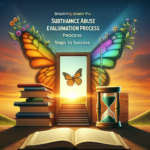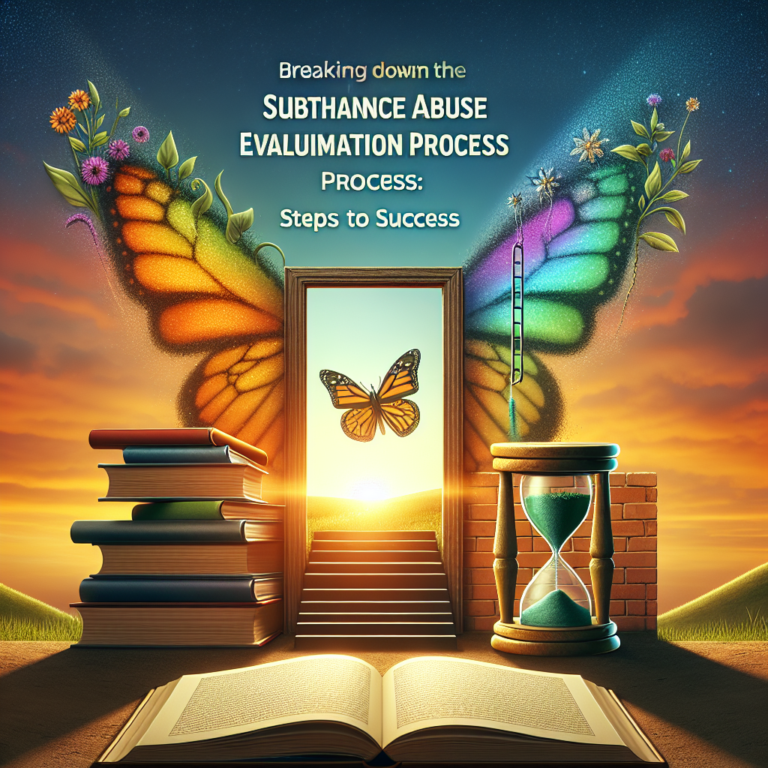
Introduction
In a world where the truth often intertwines with the ambiguity of human emotions, the accounts of child witnesses stand at a unique crossroads. The phrase "Truth or Tenderness" resonates deeply when we consider the vulnerabilities and complexities inherent in a child’s perception. Their testimonies can be crucial in legal settings but often grapple with emotional fragility, raising questions about reliability and interpretation. In this article, we aim to explore the intricacies involved in understanding child witness accounts, delving into psychological factors, case studies, and implications on justice systems. We will dissect the nuances between truth and tenderness to reveal the best practices for approaching these delicate testimonies.
The Heart of the Matter: Understanding Child Witness Accounts
Child witnesses hold a unique position in the realm of legal testimonies; their voices often carry the weight of essential truths cloaked in subjective experience. Child testimony can serve as pivotal evidence in various legal situations, from custody battles to criminal prosecutions. However, the validity of a child’s account can sometimes come into question due to developmental factors, emotional states, and external influences.
The Psychological Landscape
Cognitive Development and Memory
Children perceive and interpret their surroundings through a lens shaped by psychological and emotional development. Research indicates that children’s memories can be malleable, heavily influenced by suggestive questioning or leading narratives from adults.
Table 1: Stages of Cognitive Development in Children
Age Range Cognitive Milestone Implication for Testimony 0-2 years Sensorimotor Stage Limited verbal communication 2-7 years Preoperational Stage Egocentric thinking, difficulty with logic 7-11 years Concrete Operational Stage Logical thinking about tangible concepts 11+ years Formal Operational Stage Abstract reasoning and hypothetical thought
This table illustrates how different stages of cognitive development can impact a child’s ability to recall and convey information accurately. As they age, children’s reasoning and memory become more sophisticated, which can lead to more reliable testimonies.
Emotional Factors and Influences
Children are sensitive to emotional contexts and environments, which can color their recollections. This tenderness might influence a child to withhold information or to express it in ways that resonate more with emotional truth than factual accuracy.
Case Study: The McMartin Preschool Trial
One of the most notorious cases in the realm of child witness accounts is the McMartin Preschool trial, which spanned several years in the late 1980s. Allegations of abuse at a California preschool led to testimonies from young children, many of whom eventually recanted their statements.
- Analysis: The case underscored the importance of careful, trauma-informed interviewing techniques. Questions posed to children should be framed delicately to allow for a balance between retrieving accurate information while being sensitive to emotional states.
Truth vs. Tenderness: A Delicate Balance
The quest for truth in child witness accounts must invariably contend with the tenderness surrounding a child’s feelings and emotional well-being. The challenge lies in discerning how to elicit truthful narratives from children without compromising their emotional safety.
The Role of Interviewers
Effective interviewing techniques can dramatically influence the quality of the information gathered from child witnesses. A supportive and patient approach can elicit more accurate accounts compared to suggestive or leading questions.
Best Practices for Interviewing Child Witnesses
- Empathetic Approach: Interviewers should create a safe space where children feel comfortable expressing themselves.
- Open-Ended Questions: Encourage free recall rather than leading questions to avoid influencing the child’s response.
- Use of Play and Visual Aids: Sometimes, utilizing toys or drawings can help children express memories they might struggle to verbalize.
Case Study: The Kelly Michaels Case
In the Kelly Michaels case from the 1980s, children’s testimonies led to a conviction based on claims of abuse. However, it later emerged that many of the child accounts were influenced by suggestive interview techniques.
- Analysis: This case emphasizes the importance of proper training for interviewers and the need for careful consideration in how questions are posed to young witnesses.
Implications for the Legal System
The complexities associated with child witness accounts undeniably affect the legal processes. Courts must tread carefully, balancing the need for truth with the tenderness required in handling vulnerable witnesses.
Legislative Considerations
Several jurisdictions have begun to implement laws and rules that prioritize the psychological well-being of child witnesses. These changes aim to foster a more trauma-informed approach to child testimony.
Key Legislative Changes in Recent Years
- Child Advocacy Centers (CACs): Offering a multidisciplinary approach to handling cases involving child witnesses can help provide necessary support.
- Trauma-Informed Care Training: Mandatory training programs for law enforcement can help prevent unintentional coercion or suggestion in interviewing children.
Case Study: Maryland’s Child Abuse Reporting Law
Maryland passed a law aimed at improving the handling of child witness testimonies within the court system. It emphasized training for professionals involved in child disclosures to mitigate trauma and enhance the gathering of reliable information.
- Analysis: Such legislative frameworks not only protect children but also enhance the accuracy of their testimonies, ensuring justice without compromising emotional safety.
Conclusion: Striking the Right Balance
Child witness accounts are a compelling intersection of truth and tenderness, where the quest for justice must be compatible with protecting vulnerable individuals. Achieving this balance is not merely an ethical responsibility but a societal necessity. Professionals across the spectrum – from legal to psychological realms – must equip themselves with the tools and understanding necessary to handle such sensitive testimonies.
By employing empathetic interviewing techniques, adhering to trauma-informed guidelines, and pushing for legislation that safeguards children’s emotional experiences, society can better uphold the ideals of justice. In the end, the goal should be to allow children’s voices to resonate in a manner that prioritizes both truth and tenderness.
FAQs
1. Why are child witness accounts considered unreliable?
Child witness accounts can be deemed unreliable due to their developmental stages, suggestibility, and vulnerability to external influences.
2. How can we improve the reliability of child testimonies?
Improving reliability involves training interviewers in trauma-informed practices, utilizing open-ended questions, and allowing children to express themselves comfortably.
3. What role do emotions play in a child’s testimony?
Emotions significantly influence how children recall and convey experiences. An emotionally supportive environment can lead to more authentic expressions of their truth.
4. Are there laws to protect child witnesses in court?
Yes, many jurisdictions have implemented specific laws aimed at ensuring the emotional and psychological safety of child witnesses during legal proceedings.
5. Can suggestive questioning impact a child’s memory?
Absolutely. Suggestive questioning can lead to altered memories, distorted perceptions, or even false recollections, making it crucial to adopt careful questioning techniques.
In focusing on "Truth or Tenderness? Unpacking the Complexities of Child Witness Accounts," this exploration has revealed not only the vital importance of child testimonies but the need for ongoing dialogue, understanding, and reform. The quest for truth must evolve alongside the emotional needs of young witnesses, fostering an environment where both can flourish.















